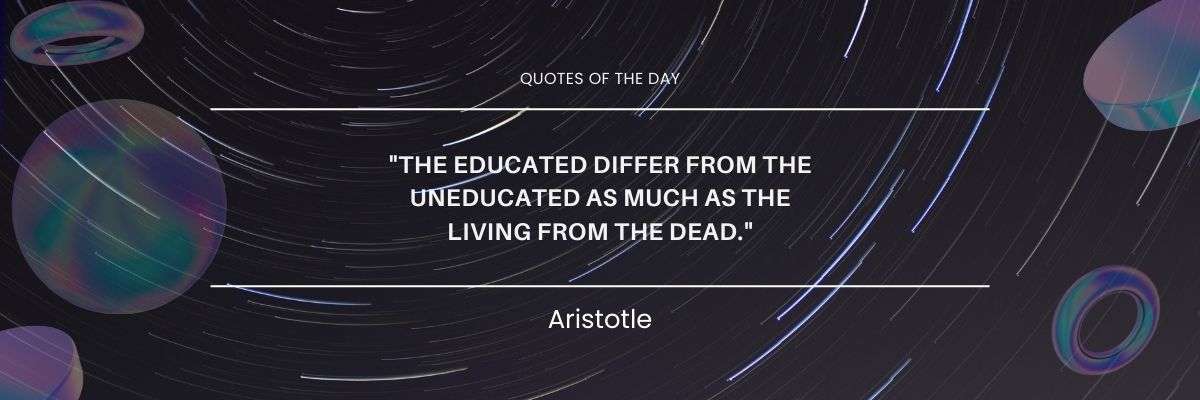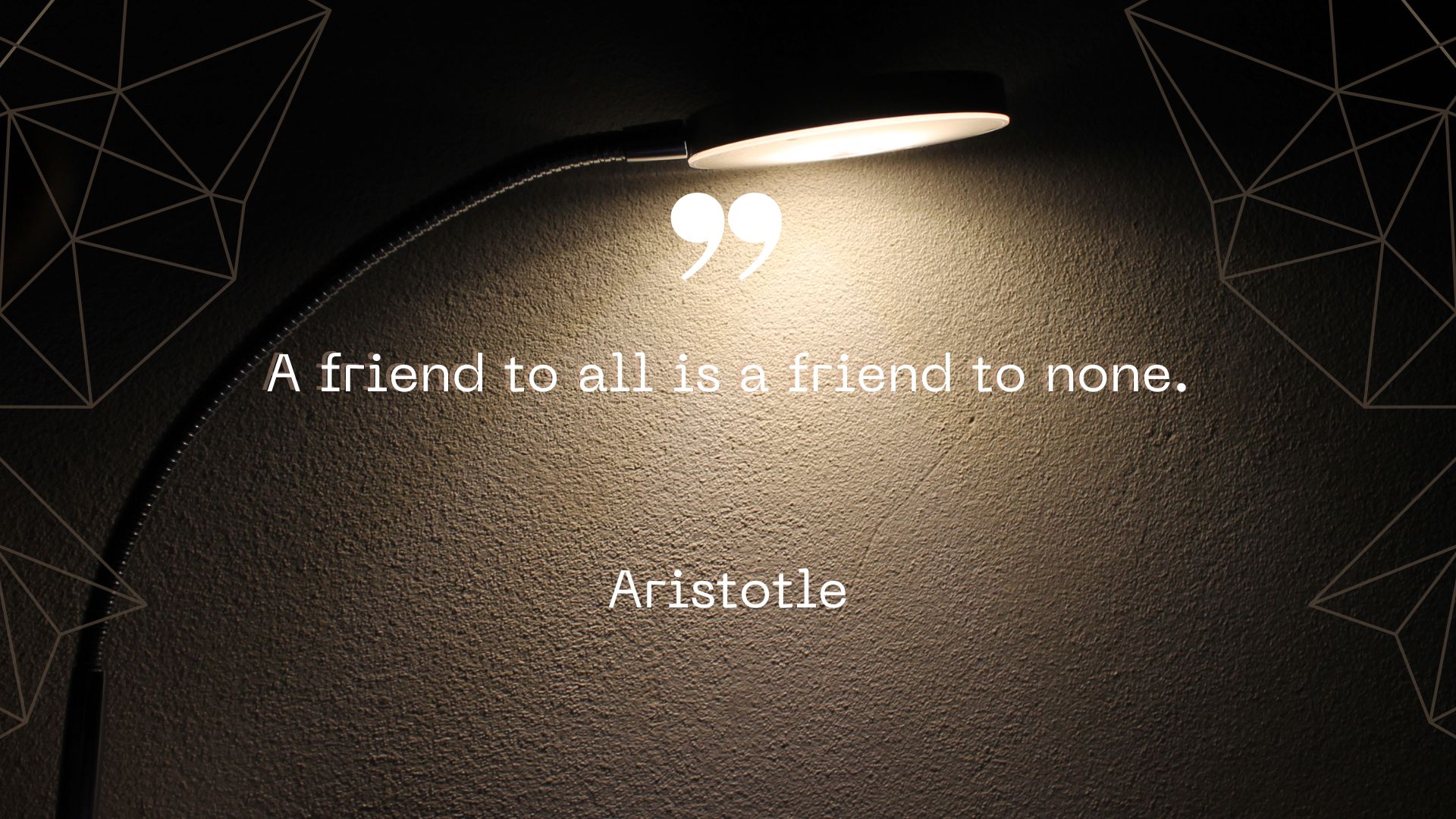“Knowing yourself is the beginning of all wisdom.”
–Aristotle
Aristotle, a renowned philosopher of ancient Greece, once stated, “Knowing yourself is the beginning of all wisdom.” This profound quote encapsulates Aristotle’s belief in the fundamental importance of self-knowledge in the pursuit of wisdom. In this explanation, we will delve into the meaning of the quote and explore its significance through the following subheadings:
- Understanding the Essence of Self-Knowledge:
- a. Awareness of One’s Inner Nature
- b. Recognition of Strengths and Weaknesses
- c. Grasping Personal Values and Beliefs
- The Link between Self-Knowledge and Wisdom:
- a. Self-Knowledge as a Foundation
- b. Guiding Personal Growth and Development
- c. Making Informed Decisions
- Challenges in Attaining Self-Knowledge:
- a. The Complexity of Self-Reflection
- b. Overcoming Biases and Blind Spots
- c. Seeking External Feedback
- Cultivating Self-Knowledge:
- a. Practicing Reflection and Mindfulness
- b. Engaging in Self-Exploration
- c. Embracing Continuous Learning
- The Transformative Power of Self-Knowledge:
- a. Enhancing Emotional Intelligence
- b. Fostering Authenticity and Self-Acceptance
- c. Nurturing Meaningful Relationships
Conclusion:
Aristotle’s timeless quote highlights the paramount importance of self-knowledge as the foundation of wisdom. By truly understanding ourselves, we gain insights into our strengths, weaknesses, values, and beliefs, which in turn guides our personal growth, decision-making, and relationships. Although the journey toward self-knowledge may be challenging, it is a transformative process that leads to enhanced wisdom, authenticity, and fulfillment. By embarking on this introspective path, we can embark on a lifelong journey of wisdom and self-discovery.




